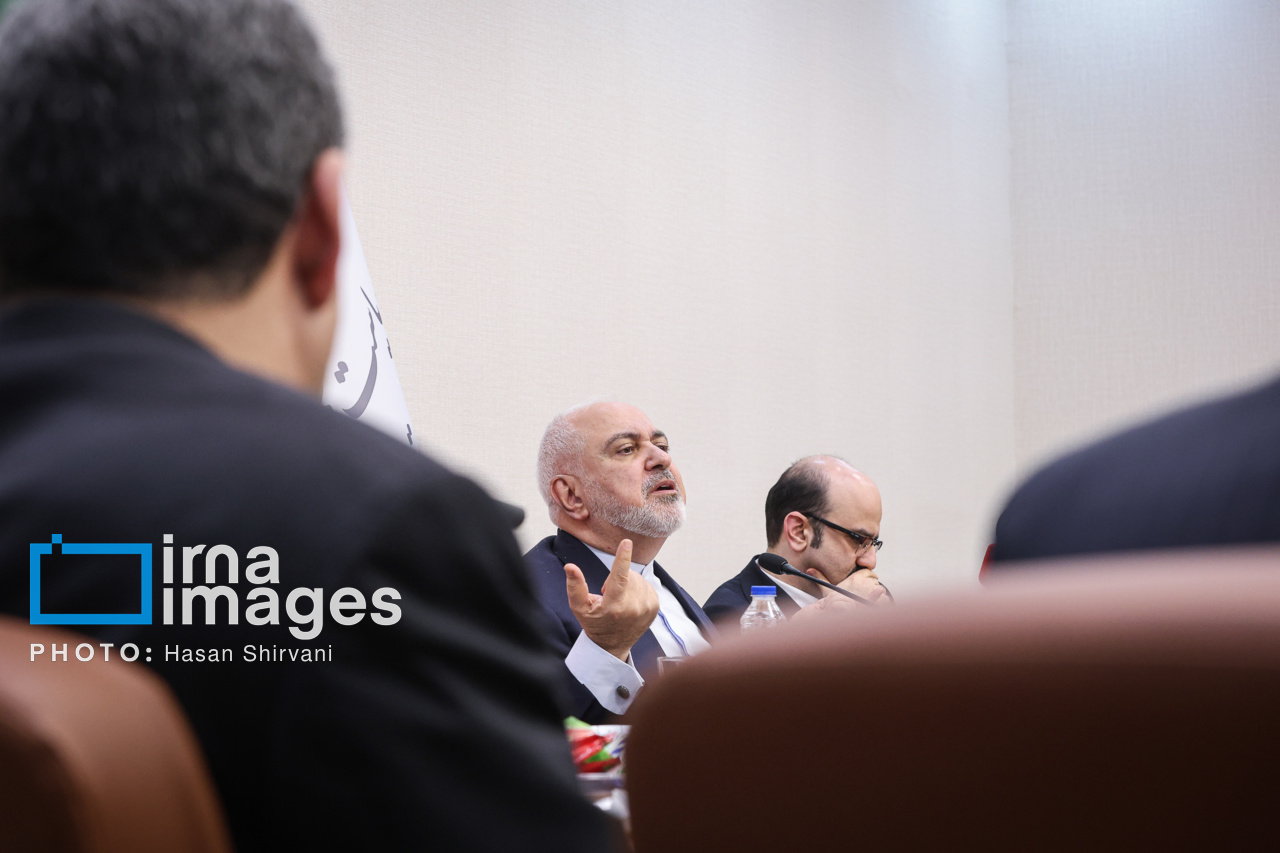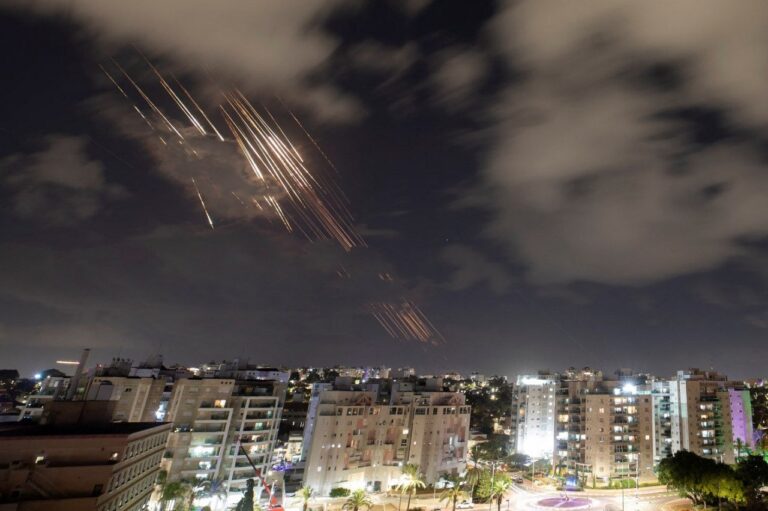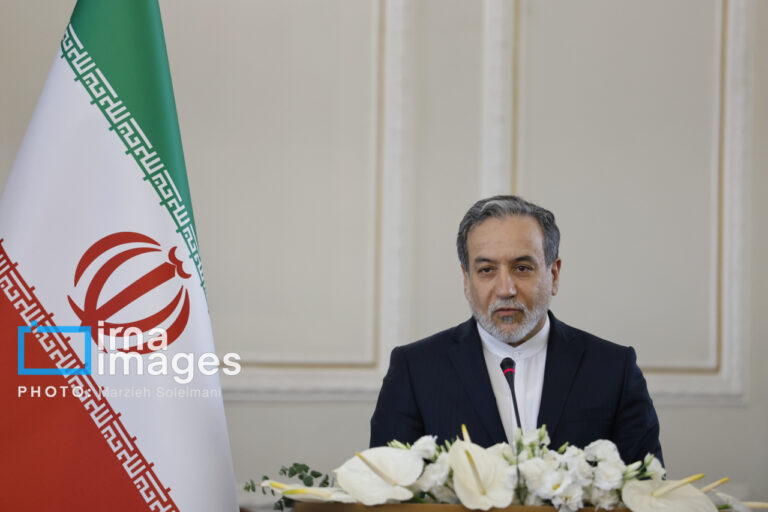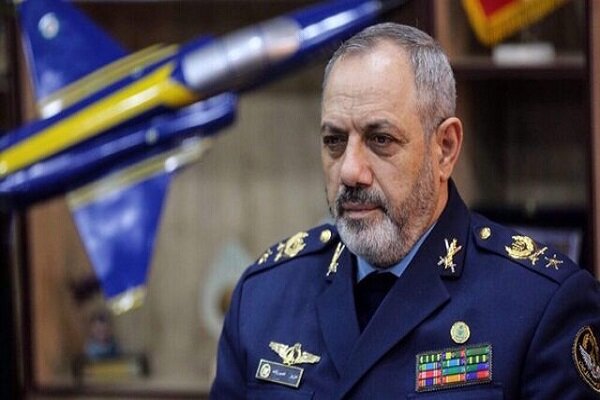Iran’s Zarif Calls for Fresh Strategy in Ongoing ‘War of Narratives’ Against Israel
In a world increasingly defined by competing stories and perspectives, Iran’s Vice-President for Strategic Affairs, Mohammad Javad Zarif, emphasizes the significance of understanding the ongoing “war of narratives.” He asserts that this phenomenon often leads international diplomacy to overlook crucial factual realities, particularly in the context of Iran’s relationship with Israel.
During the unveiling of a new policy document titled “Strategy of Consensus for National Security Based on a Historical Approach to Iran’s National Security Issues” on Monday, Zarif remarked:
“Today, we live in a world of narratives and a war of narratives, and no one understands this reality better than the Zionists.”
Zarif elaborated on his perspective, stating:
“If you look at international relations, the first place that started shaping and changing narratives was Israel.”
He traced the origins of the current disputes regarding Iran’s peaceful nuclear activities back to the 1990s, when Israel began making accusations about Iran’s supposed clandestine nuclear weapons program. Zarif argued:
“When they say this, many are pleased, while they are in fact manufacturing reality. Do they want to show Iran’s power or are they manufacturing an ‘Iran threat?’”
Key points raised by Zarif include:
- Israel’s narrative portrays Iran as a global threat, despite a lack of genuine fear of a nuclear Iran.
- Israel opposed the Joint Comprehensive Plan of Action (JCPOA), signed in 2015, which aimed to limit Iran’s nuclear capabilities.
- Following the U.S. withdrawal from the JCPOA in 2018, Israel actively sought to undermine efforts to revive the agreement.
Zarif stated:
“The Israelis are masters of narrative-making, using Hollywood and professions like journalism and television to their advantage.”
He contended that Israel’s narrative suggests that Iran, perceived as militarily weakened, is compelled to pursue nuclear weapons. This reasoning leads Israel to believe that any delay before a “weakened” Iran achieves nuclear capability justifies military action. Zarif emphasized:
“Today, we must dismantle this narrative. Some may say that the way to dismantle this narrative is through the True Promise 3.”
This reference points to a proposed military response against Israel, following previous strikes in April and October of the previous year. However, Zarif expressed skepticism about this approach, stating:
“In my opinion, this narrative plays into the Zionist narrative.”
He suggested that retreating from this narrative is neither necessary nor correct. Instead, the Iranian government aims to introduce a new narrative, based on thorough research conducted at the Center for Strategic Studies, which will be communicated to the global audience.
As the discourse around Iran’s national security evolves, it is crucial to engage thoughtfully with the narratives shaping international relations.






